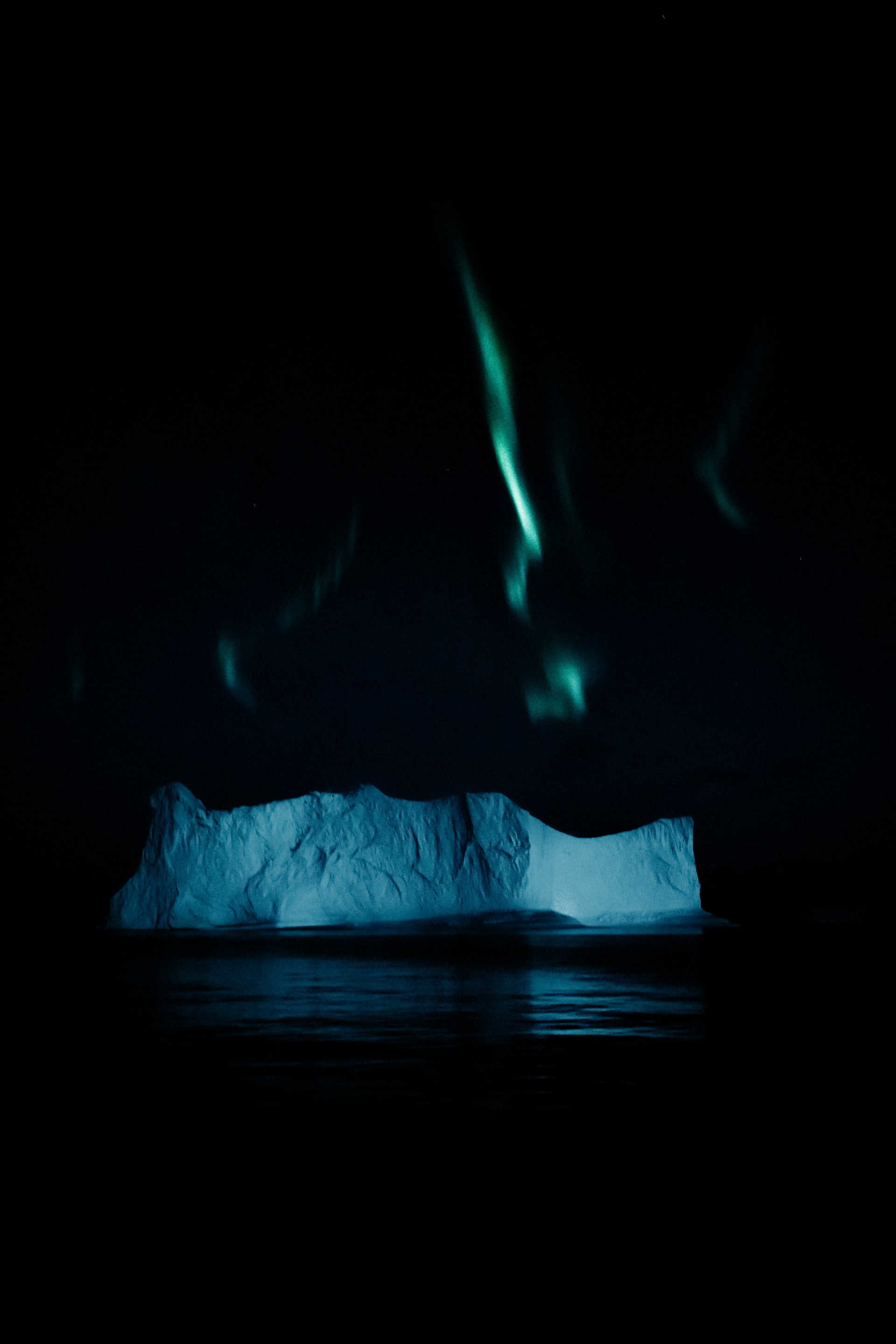
- Sustainable Planet -
- 5mins -
- 807 views
Commercial fishing now banned in central Arctic Ocean
A historic 16-year ban by northern countries on commercial fishing in the Central Arctic Ocean came into effect last month, buying time for more scientific research.
Commercial fishing banned in central Arctic Ocean as countries buy more time for research
With ice in the Arctic melting at an alarming rate, a historic agreement banning commercial fishing in the Central Arctic Ocean came into effect last month. The agreement, which was signed in 2018 but only came into force on Friday 25 June, 2021, is the first of its kind to block any kind of fishing activity before it can begin. Along with the ban on commercial fishing, the agreement also provides a framework to account for Indigenous and local knowledge, and requires engagement with Arctic Indigenous Peoples. — CBC
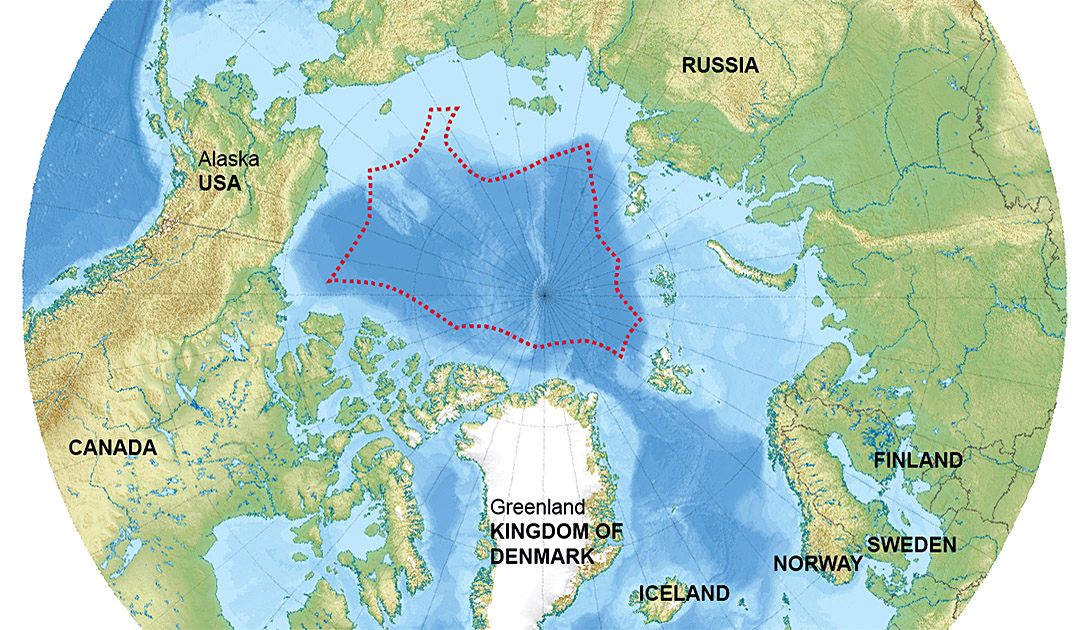
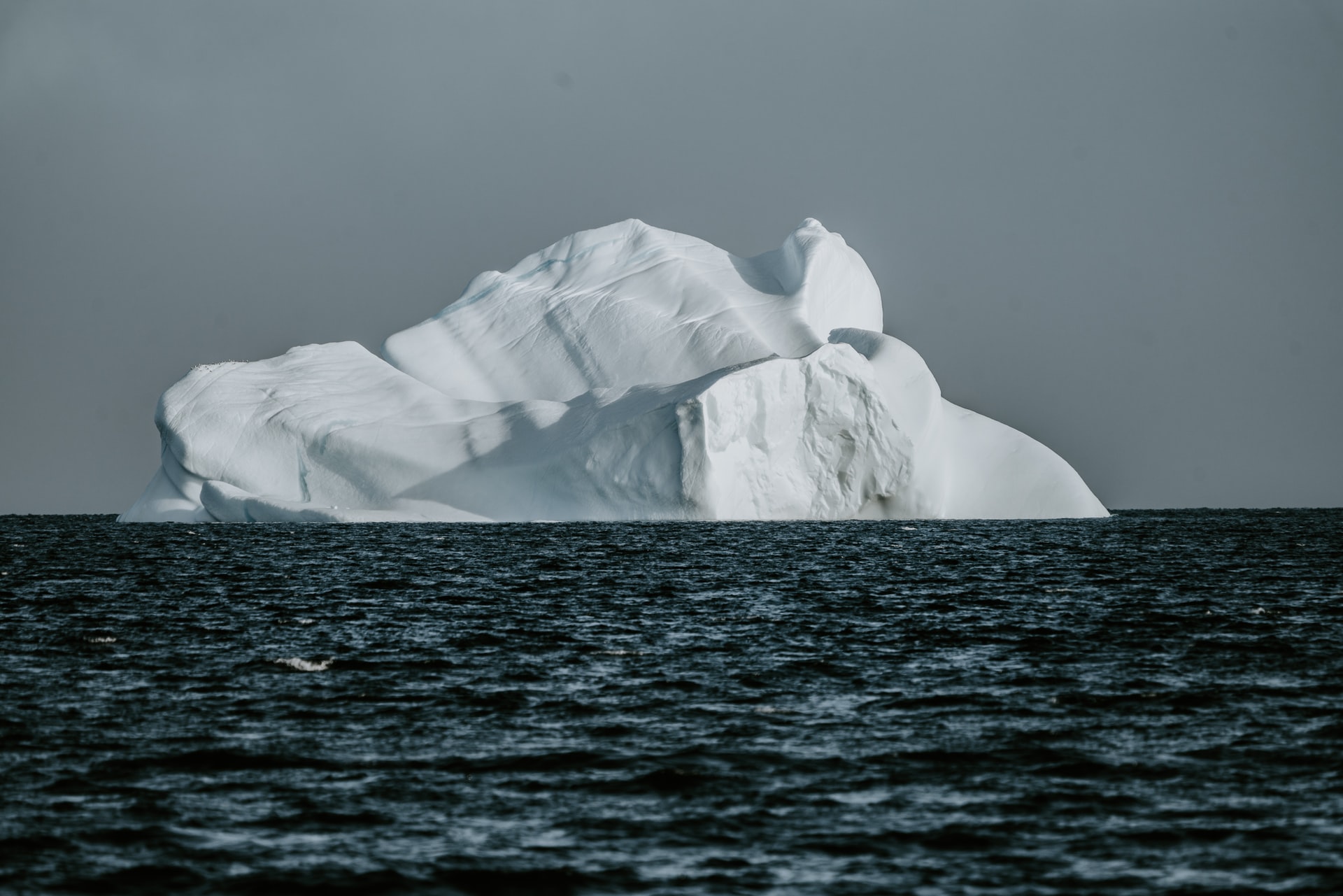
Arctic: Agreement to prevent unregulated fishing enters into force
According to a news release published by the Directorate General for Maritime Affairs and Fisheries of the European Commission, at present, no commercial fishing takes place in the high seas portion of the Central Arctic Ocean — an area roughly the size of the Mediterranean Sea.
No regional fisheries management organisation or arrangement exists for this whole area either. However, due to the impacts of climate change, it cannot be excluded that commercially interesting fish stocks may occur and lead to fishing activities in the Central Arctic Ocean in the mid- and long-term.
To address this issue proactively, the EU and nine countries in 2018 signed this international agreement after two years of negotiations. The Agreement applies a precautionary and science-based approach to fisheries by banning unregulated fishing activities in the Central Arctic Ocean, while a joint scientific programme is set up to improve Parties’ understanding of the ecosystems and potential fisheries.
Based on the information acquired, Parties may in the future decide to commence negotiations to establish one or more regional fisheries management organisations or arrangements. The Agreement will initially be in force for a period of 16 years, until 2037. This period will be automatically extended for another five years, unless one of the Parties objects. Continued below…
Source: EuropeanCommission/Oceans&Fisheries
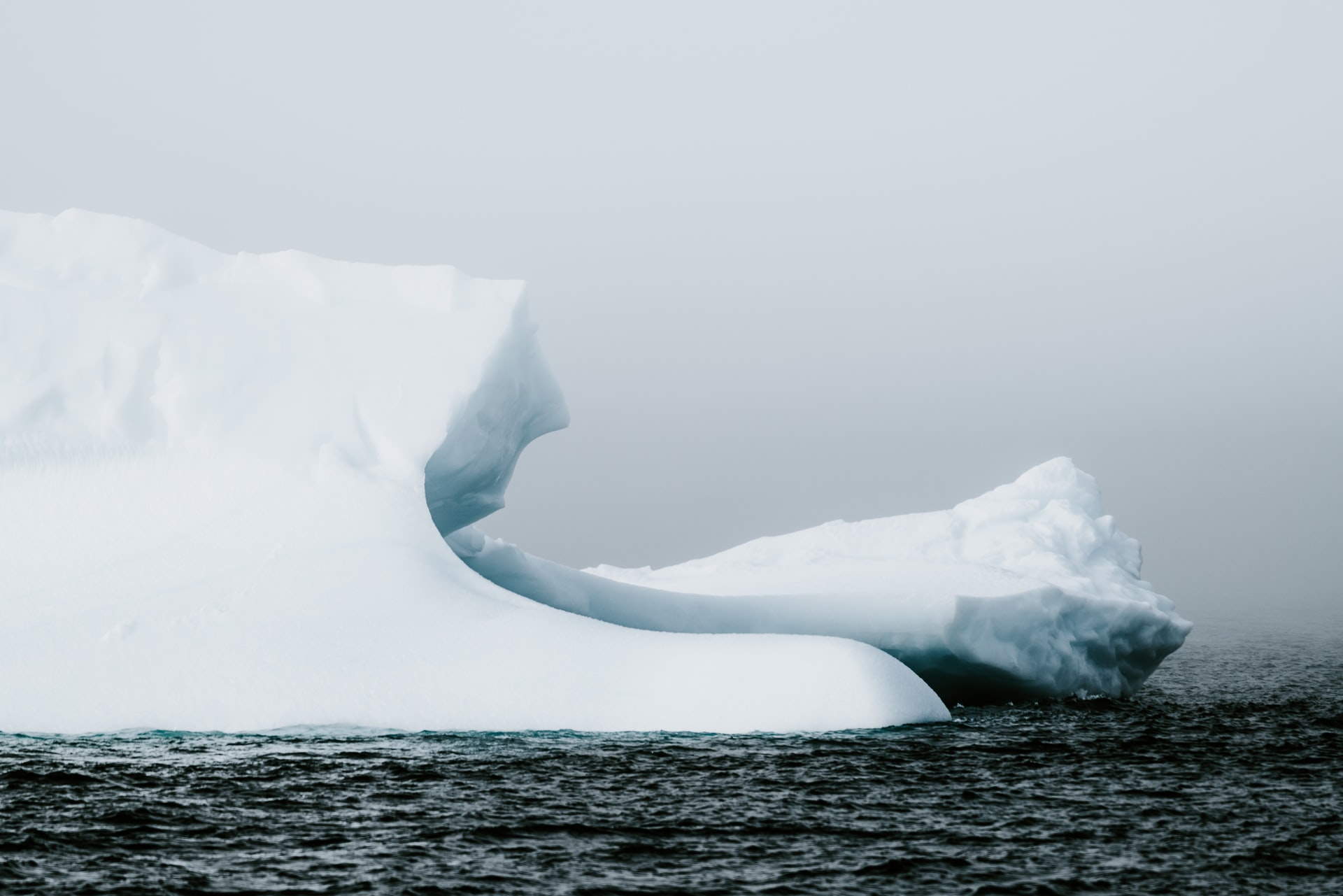
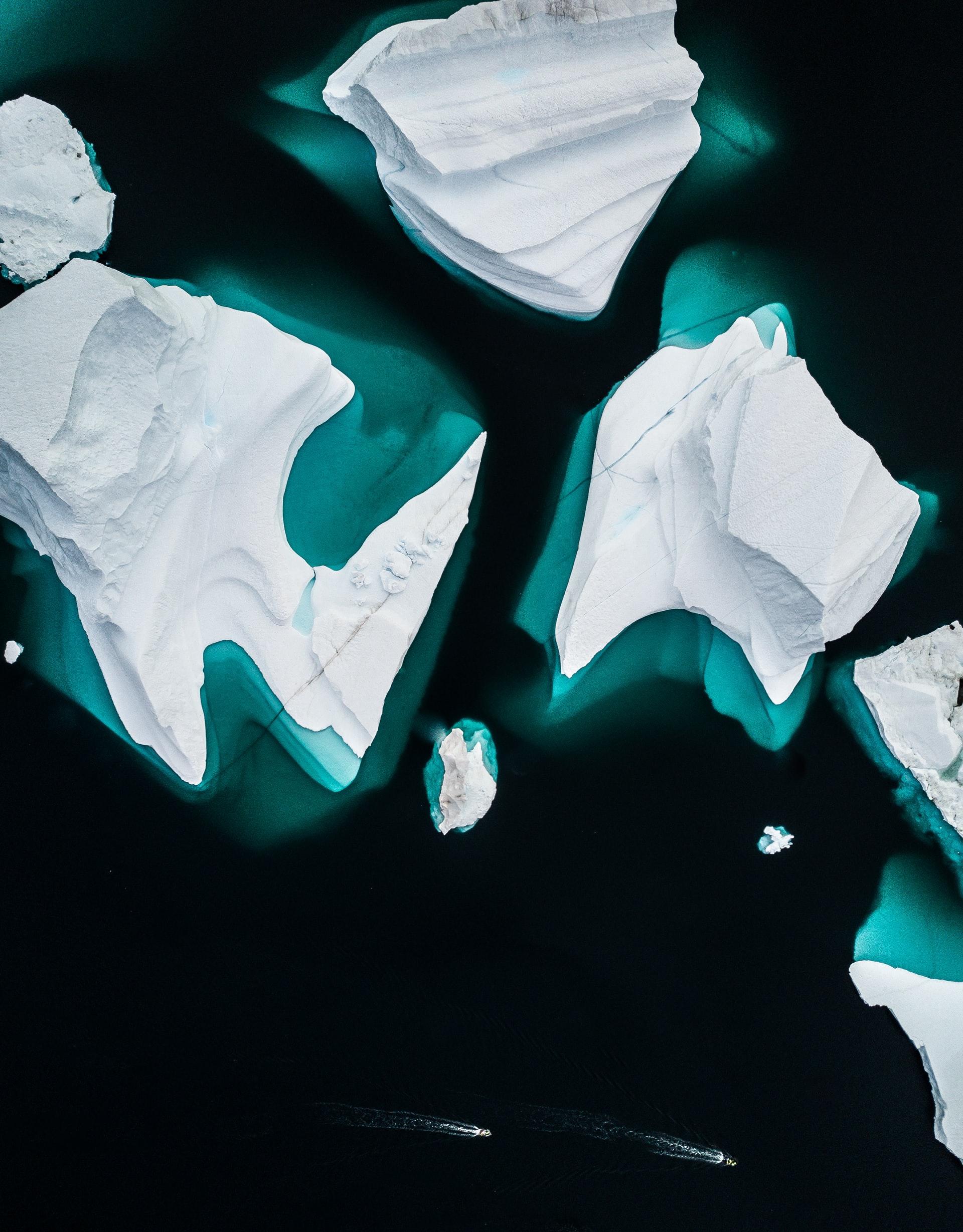
Indigenous and local knowledge to be taken into account
Along with banning commercial fishing, the agreement also provides a framework to account for Indigenous and local knowledge in the resarch, and requires engagement with Arctic Indigenous Peoples, report CBC News.
Canada’s Department of Fisheries and Oceans (DFO) consulted with the Inuit Circumpolar Council, territorial governments, the fishing industry and environmental groups leading up to the ratification of the agreement.
Nunavut Tunngavik Incorporated, the legal representative for Inuit in Nunavut, was part of the working group, and its vice-president James Eetoolook told Canada’s CBC News the agreement is needed given the impact of climate change in the Arctic.
"It’s important to move in a timely way to not just protect the resources Inuit rely on, but to ensure Inuit knowledge is used with western science," he said.
"This is the first international agreement that values and incorporates Inuit knowledge to the same extent as western science and guarantees the participation of the Indigenous people of the Arctic."
Moving forward, Eetoolook said research and monitoring will be extremely important, but that it needs to be supported by improved infrastructure in the region.
"A key issue is to address the lack of infrastructure in the area to help gather information," he said.
Source: CBC.ca
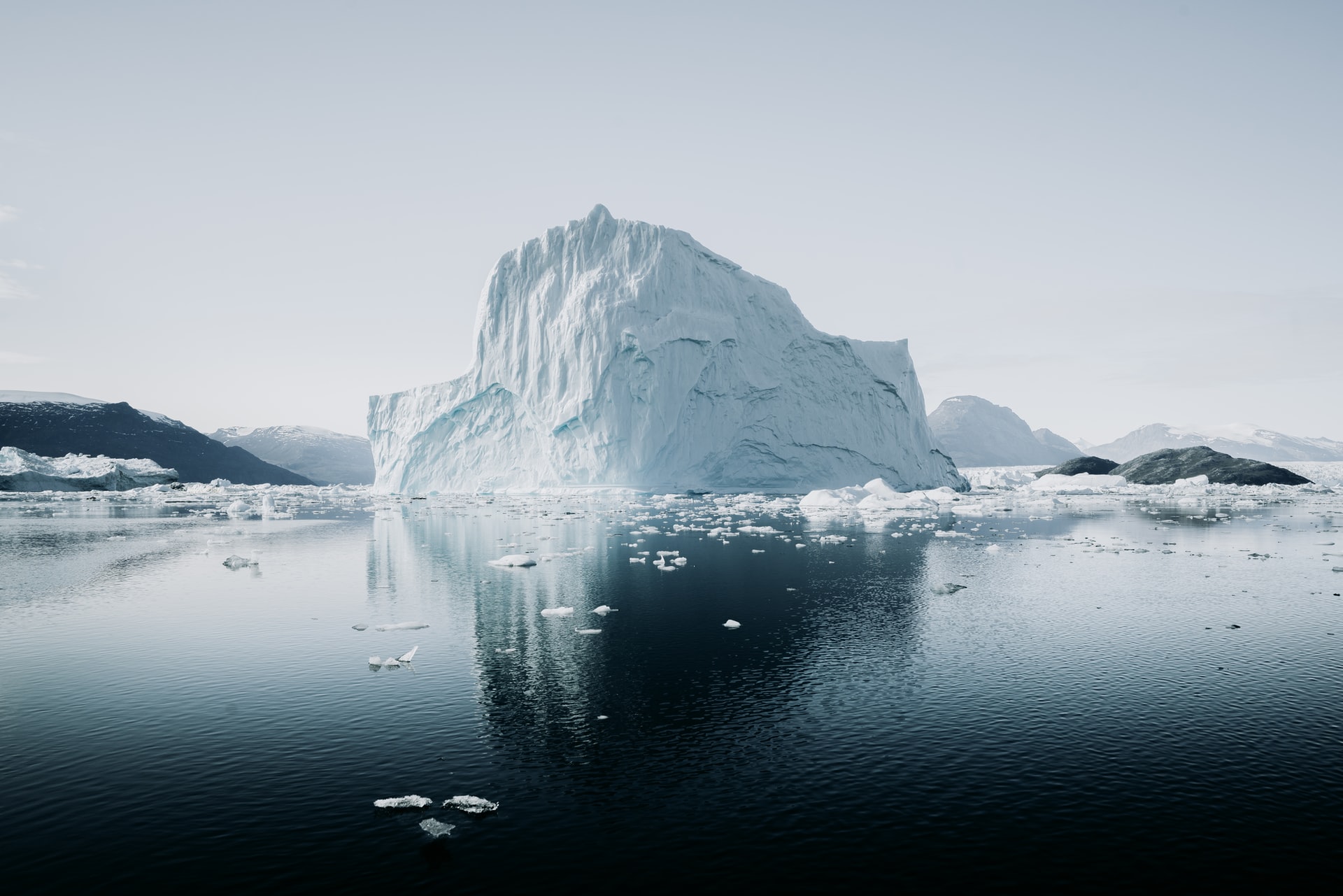
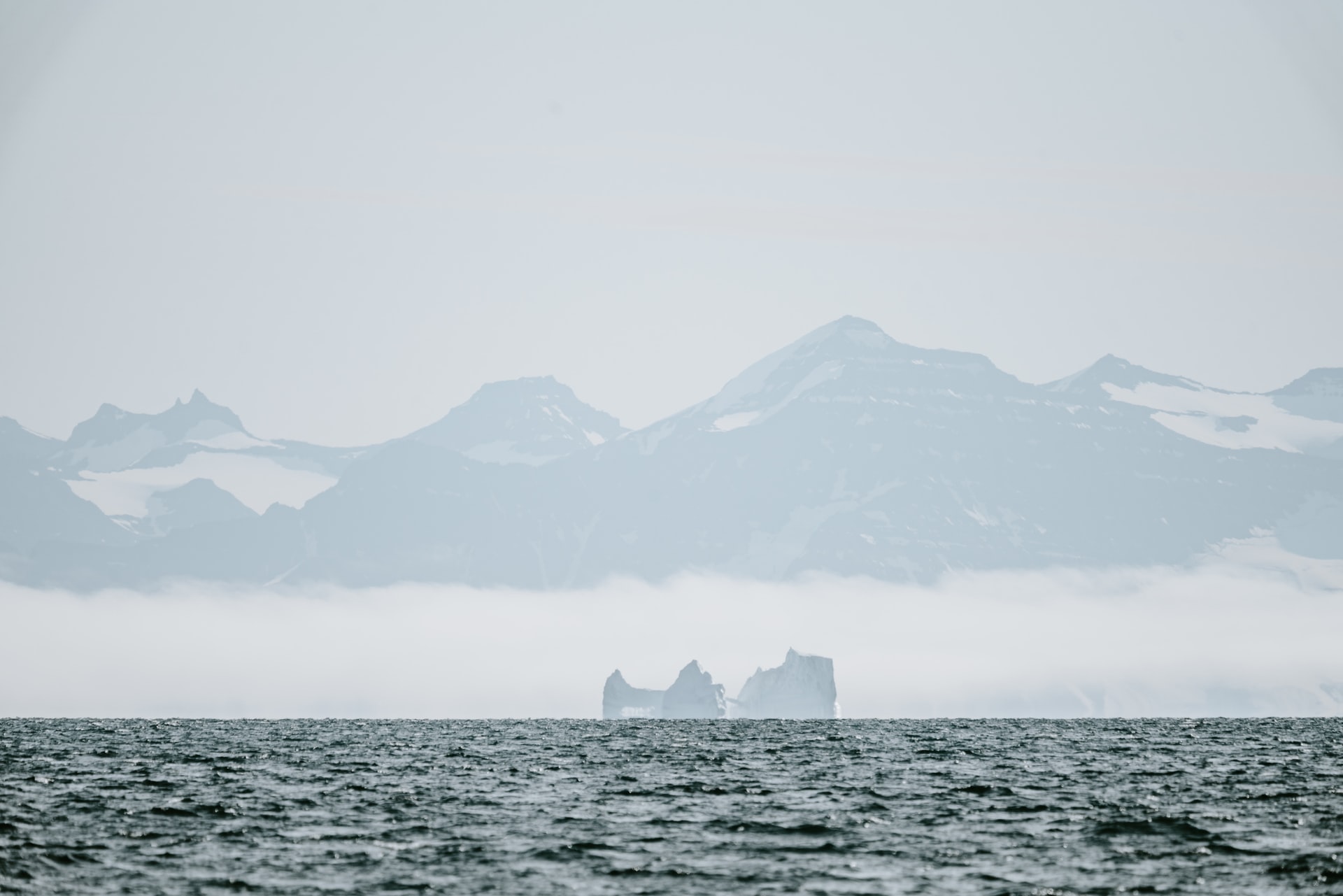
Inuit have long expressed concerns over increased shipping traffic harming marine ecosystems
Canada’s federal government recently recognised a group of researchers for its work studying northern shipping routes.
Jackie Dawson, an expert on climate change and shipping routes with the University of Ottawa, and her team received a Governor General’s Award in May for their help in creating a new knowledge base for the federal government to use when planning shipping routes and created a ship tracking database.
The researchers also created new mapping protocols to document sensitive or culturally significant marine areas that could be impacted by large ships passing through— like whale migration routes.
Inuit have long expressed concerns about increased shipping traffic harming marine ecosystems, contaminating the food supply, and icebreakers negatively impacting animals like narwhal.
In an interview in May, Dawson said Canada has the chance to manage the Arctic right the first time in terms of sustainability and combining Inuit knowledge with western science, instead of trying to go back to fix things down the road.
Source: NunatsiaqNews All Photographs: Annie Spratt via Unsplash
